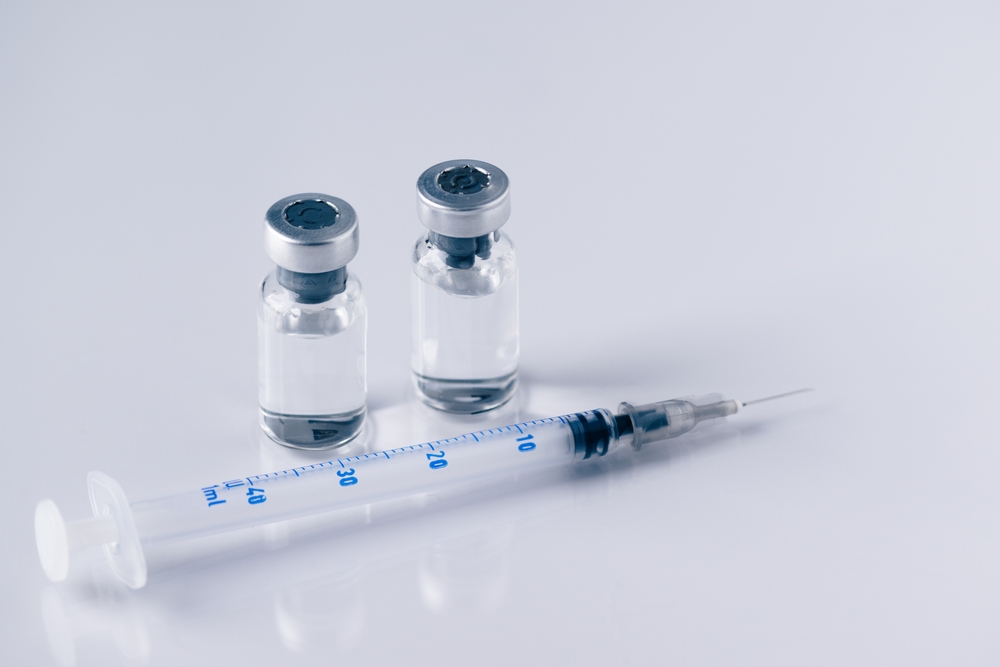Clostridioides difficile infection (CDI) is a leading healthcare-associated infection, often resulting from antibiotic-induced disruption of gut microbiota. CDI primarily affects hospitalized and immunocompromised patients, with symptoms ranging from mild diarrhea to life-threatening conditions like toxic megacolon. Treatment has shifted to using vancomycin and fidaxomicin as first-line therapies, but recurrence remains a major challenge due to residual dysbiosis. Restoration of the microbiome through fecal microbiota transplantation (FMT) and live biotherapeutic products, like the FDA-approved VOWST, has shown success in preventing recurrence by promoting a healthier gut environment.
Increased cases of CDI are being reported in community settings, affecting younger individuals without prior antibiotic exposure. Key risk factors include hospitalization, advanced age, antibiotic use, and inflammatory bowel disease. CDI is diagnosed through stool assays, with enzyme immunoassays (EIA) and nucleic acid amplification tests (NAAT) serving as standard diagnostic tools. Effective prevention requires antibiotic stewardship, strict hygiene protocols, and contact precautions.
Reference: Cymbal M, Chatterjee A, Baggott B, et al. Management of Clostridioides difficile Infection: Diagnosis, Treatment, and Future Perspectives. Am J Med. 2024 Jul;137(7):571-576. doi: 10.1016/j.amjmed.2024.03.024. Epub 2024 Mar 18. PMID: 38508330.




